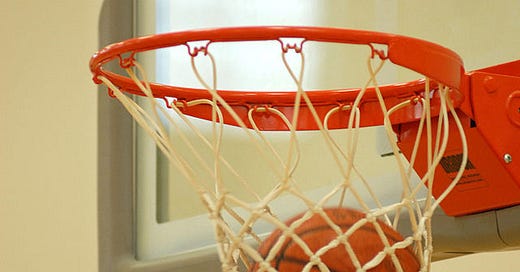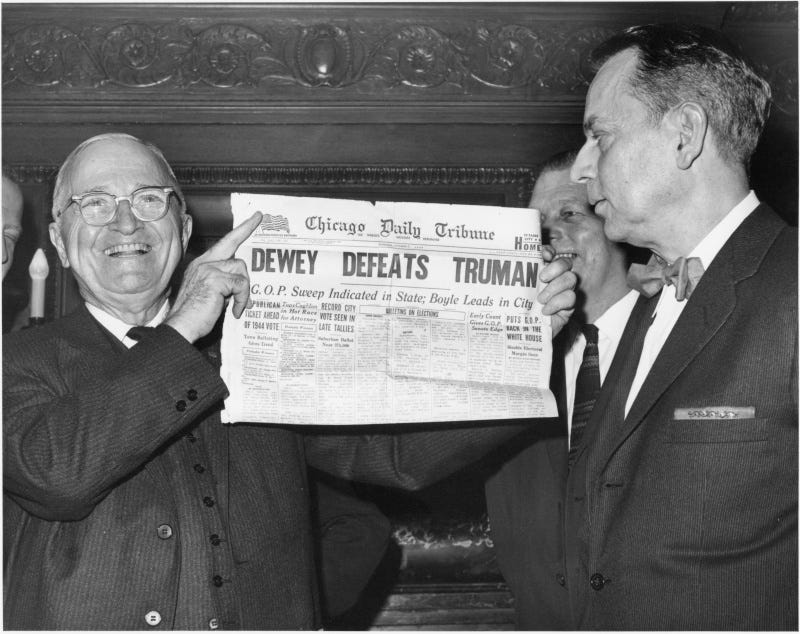There is a sizeable and growing loophole in the broader world of gambling that puts athletes, fans, and the integrity of American sports at risk and no one seems to be doing anything about it.
I’ll come back to that in just a moment, but I want to start with a bit of recent history. Now that the first full weekend of the NCAA basketball tournaments is done you have surely had your fill of ads for sports gambling. You’ve been inundated with this content in part thanks to a 2018 Supreme Court ruling that gave states the ability to allow sports gambling and tax and regulate it as they saw fit. To date 38 states and the District of Columbia have allowed sports betting in some form or fashion and as you have seen in nearly any sports related show on television, sports leagues have leapt at the opportunity to capture the new revenue stream. While most major sports leagues used to shun casinos or sports gambling, they now embrace it and for better or worse it seems here to stay.
One reason the leagues tried to insulate themselves from gambling as much as they could is the obvious risk to the integrity of their sports. So, in the wake of the 2018 Supreme Court ruling, as gambling began to proliferate, private companies took advantage of the massive amounts of data that now exist around sports and sports betting and created integrity monitoring services. Firms like IC360, Sportradar, and others monitor wagering at legal, state sanctioned casinos both online and in person (IRL, for my younger readers). They have innovative technological tools that monitor betting by looking for anomalies and aberrations that might indicate something like insider trading, a player betting on their own team or a team they are playing against, or match fixing. These monitors are the source of recent stories we’ve seen outlining scandals involving NBA player Jontay Porter or the University of Alabama baseball coach.
In general, these are good news stories. A market existed for integrity monitors and now sports leagues are using them to police themselves and educate athletes about risks to keep the ecosystem clean. The leagues would likely say that there will always be bad apples but they have tools and enforcement mechanisms to keep everything on the up and up and keep the revenue from their gambling platform partners coming in. They might even say that before gambling was legal as widely as it is now there were betting scandals— just look at Pete Rose or Tim Donaghy. Now things are out in the open and the bad apples are more easily caught and punished.
That all might be true but in the last 6 months a giant wrench has been thrown into the whole process—"Event Market Trading”. Polymarket, which operates, outside the U.S. right now gained some notoriety leading up the U.S. Presidential Election in 2024. It allowed people outside the U.S. to wager on the election by buying “shares” of a candidate at a market determined price. That is to say, if the price of Donald winning was at, say, 50 cents, where the high price is 99 cents and the low price is 0 cents, you could infer the market thought he had an even chance of winning. Or if the price of Trump shares was at 75 cents the market thought he had a 75% chance of winning. Several media outlets used the market as a de facto poll and its predictive value was the source of some debate leading up to election day.
More recently in the U.S., Kalshi has emerged as a popular example of a similar type of marketplace. Starting in February 2025 Kalshi started offering markets on sports events. Now you may ask, if I am risking money by choosing the outcome of a sporting event isn’t that gambling? Well Kalshi prefers event trading market and I am not a lawyer so I won’t get into the legalese of it here. But what I do know is that as of this writing people 18 years and older in all 50 states can risk money by choosing the outcome of many, many sporting events on Kalshi’s platform. And I single Kalshi out here for explanatory purposes, but they are not the only platform that is following this type of business model.
Now back to my statement about threats to security in the first paragraph. I single out Kalshi here only because they are the most prominent competitor in this space but they are by no means the only one. After weeks of public questions Kalshi has a partnership with integrity monitoring service IC360, as first reported by Dustin Gouker this morning. This is an important step and a welcome one, even if it is a little overdue. And it is important to note that Kalshi has not announced this partnership yet so there is no indication as to when IC360s monitoring will actually begin and what form it will take. So for now, as we just finished the first two rounds of the men’s NCAA basketball tournament and other sports are ongoing as well, Kalshi’s markets were not monitored by any integrity monitoring firms. As far as is known there were no geo-fences preventing athletes from gambling inside of their team facilities. No one was watching to see if athletes or their families were betting on their own games or if people are betting oddly large sums on the outcome of game that wouldn’t necessarily attract that sort of betting outcome—like say a non-major golf tournament, a first round NCAA tournament game, or a Formula 1 race—all of which are available on Kalshi. Though Kalshi is taking an important first step, there are many others still lagging behind them where these gaps remain.
You might say this is just insider trading, essentially, or throwing a game, not anything approaching violence. That it just poses a threat to the integrity of sports. If things stopped here you would be right. But the check that integrity monitors provide around state-sanctioned legal sports gambling keeps the game’s integrity intact for fans. Once fans think that games might be rigged, if they risk and lose significant sums of money on sporting events that they think are the result of unfair play it does not take a ton of imaginative power to draw up a list of who they might blame for their adverse financial situation. I’d that list start with the athletes and coaches and also add teams and their physical facilities along with fans sitting in the stands. And as accessible as athletes are via social media, to say nothing of college student athletes on campus, they become prime targets for harassment and potential violence. If people can risk money via Kalshi and its event market competitors during games, those fans losing money may turn to violent language or actual violence in the stands if they think the outcome was not the result of fair play.
There is one other important stakeholder in this ecosystem that I have not mentioned—the leagues and teams. They should not be absolved of pushing all parts of the ecosystem towards integrity monitoring and other steps to ensure fair play. They should be pressuring the CFTC-regulated events contracts and sweepstakes platforms to act along with taking action themselves. MLB took a quiet first step this month, but that is not enough. While they are not partners with event contracts platforms their products are at risk because of them and action on behalf of all four of the major leagues at once would send an important message. Their financial entanglements with state-sanctioned sports gambling entities like Fanduel, DraftKings, BetMGM and others muddies the water a little bit, but that does not minimize the risk, nor does it remove the responsibility to their athletes, their fans, or their sports.
At the moment all actors seem to be taking only minimally necessary actions to protect fans, athletes, teams and spectators and because of that everyone is a bit more at risk. This is about more than just legal loopholes or entertainment or financial markets or profits. It is about the right to safely enjoy a sporting event for what it should be—fair play.




